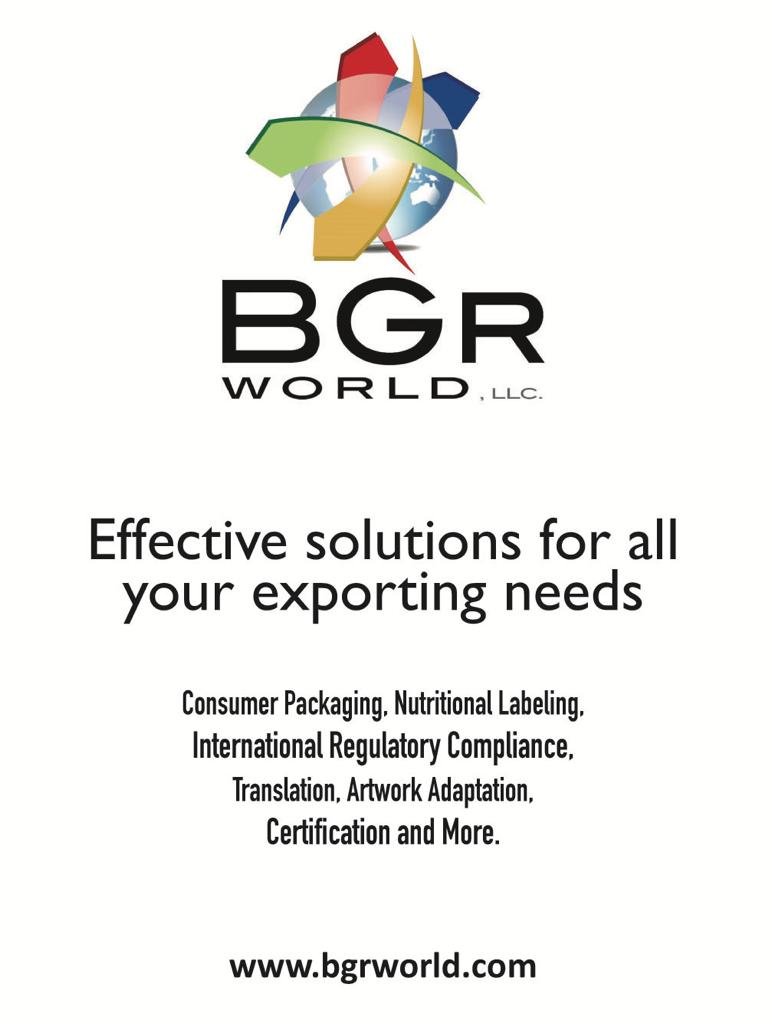Bgr World has been a reference in the USA for 20 years, helping companies to export their products.
Known for excellence and speed for Export from the USA to the Whole World
Packaging compliance and labeling compliance are essential for any business that exports products globally. To ensure that products meet the regulatory standards of different countries, businesses must comply with packaging and labeling requirements. This includes adapting packaging and labeling to different languages, obtaining the necessary certifications, and ensuring that products meet the requirements of different markets.
One important certification that businesses can obtain is the Constancia Certificate to Mexico. This certificate verifies that the packaging and labeling of a product complies with the Mexican regulations . Obtaining this certificate can help businesses ensure that their products meet the necessary standards and avoid costly legal and financial penalties.
Adapting packaging and labeling to multiple languages is also crucial for businesses that export products to different countries. In many cases, products must be labeled in the official language of the host country. For example, in North America, many products must be labeled in English, Spanish, and French. Meeting these language requirements can help businesses ensure that their products are accessible to customers in different markets.
Packaging compliance and labeling compliance are crucial for businesses that export products globally.
The Constancia Certificate can help businesses verify that their products meet the necessary regulatory standards for Mexico.
Adapting packaging and labeling to multiple languages is essential for businesses that export products to different countries.
Packaging Compliance refers to the set of regulations and standards that packaging and labeling must adhere to in order to be sold in certain markets around the world.
These regulations and standards are in place to ensure that packaging and labeling are safe for consumers and the environment.
North America:
In North America, packaging and labeling compliance is governed by the Toxics in Packaging Prevention Act. This act requires manufacturers and suppliers to furnish a certificate of compliance to the purchaser of a package or packaging component stating that the package or packaging component is in compliance with the act’s requirements. This act applies to the United States, Canada, and Mexico.
South America:
In South America, packaging and labeling compliance varies by country. Brazil and Argentina, for example, have their own set of regulations and standards that packaging and labeling must adhere to. Manufacturers and suppliers must ensure that their packaging and labeling meet the specific requirements of each country in order to be sold there.
European Union:
In the European Union, packaging and labeling compliance is governed by the Packaging and Waste Directive. This directive requires manufacturers and suppliers to ensure that their packaging and labeling are safe for consumers and the environment. In addition, packaging and labeling must be labeled with specific information, such as the type of material used and instructions for disposal.
Constancia Certificate is a Mexican certificate that ensures packaging and labeling compliance.
This certification helps manufacturers and suppliers ensure that their packaging and labeling meet the specific requirements of each market, making it easier to sell their products internationally.



